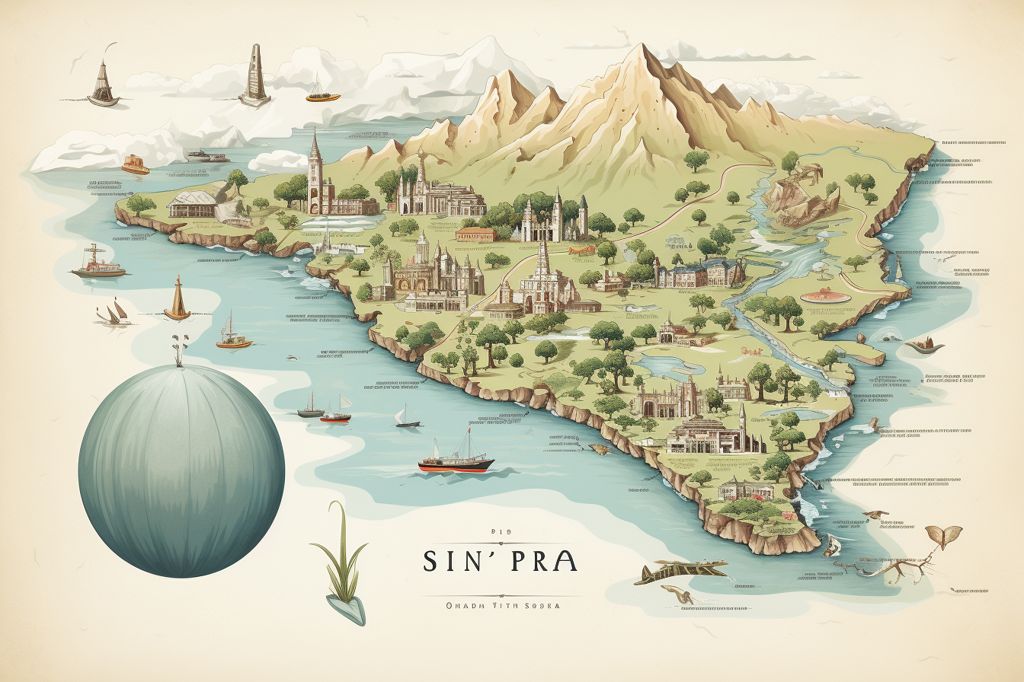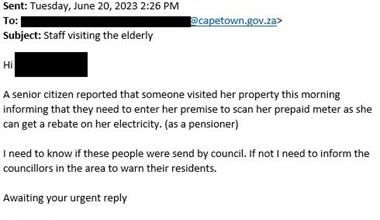To promote national identity, social cohesion, and healing, the Department of Sport, Arts and Culture will host a Geographical Names Capacity Building Workshop in Bloemfontein on the 28th of June 2023. The three-day event at the Performing Arts Centre of the Free State (PACOFS) aims to equip municipal managers with the necessary knowledge and skills for appropriate naming and renaming of buildings, places and geographic locations.
The Significance of Geographical Names
Geographical names play a pivotal role in reflecting the history, culture, and identity of a region. The South African Geographical Names Council (SAGNC) was established in 1998 to standardize geographical names within the country. This initiative is part of ongoing efforts since 1994 to transform South Africa’s heritage landscape and encourage unity and belonging among its diverse population.
The standardization process aims to rectify historical imbalances, correct spelling errors, eliminate duplication of names, and affirm the unique history and identity of each province. This initiative is especially relevant in post-apartheid South Africa, where many places still bear the legacy of colonialism and racial segregation. Renaming and standardizing geographical names fosters a collective national identity, allowing citizens to take pride in their shared heritage.
The Geographical Names Capacity Building Workshop
The workshop will engage participants in discussions and activities that explore the complexities of naming and renaming places in a diverse society. It will delve into the historical and artistic aspects of geographical names, examining their origins, significance, and the impact of past and present naming practices on South African communities. By instilling municipal managers with the tools and knowledge necessary to make informed decisions about geographical names, the workshop aims to empower local leaders to play a vital role in shaping a unified South African identity.
Fostering Social Cohesion
In an era of increasing globalization, the importance of local culture and heritage should not be underestimated. The Geographical Names Capacity Building Workshop is a testament to the government’s commitment to fostering a shared national identity and promoting social cohesion through the transformative power of geographical names. This landmark event in Bloemfontein will bring together municipal managers, members of the media, and other stakeholders to discuss and learn about the intricate process of naming and renaming places.
Embracing a Brighter, More Inclusive Future
As South Africa continues to grapple with the challenges of inequality, prejudice, and social divisions, endeavors like the Geographical Names Capacity Building Workshop play a crucial role in bridging the gap between communities and fostering a sense of unity. By acknowledging and celebrating the diverse heritage of the country through the standardization and transformation of geographical names, South Africa takes another step towards healing the wounds of its past and embracing a brighter, more inclusive future.
Invitation
Distinguished members of the media are invited to attend the Geographical Names Capacity Building Workshop in Bloemfontein on the 28th of June 2023 at PACOFS. This remarkable event promises to be a significant milestone on the road to forging a unified South African identity through the power of geographical names.








